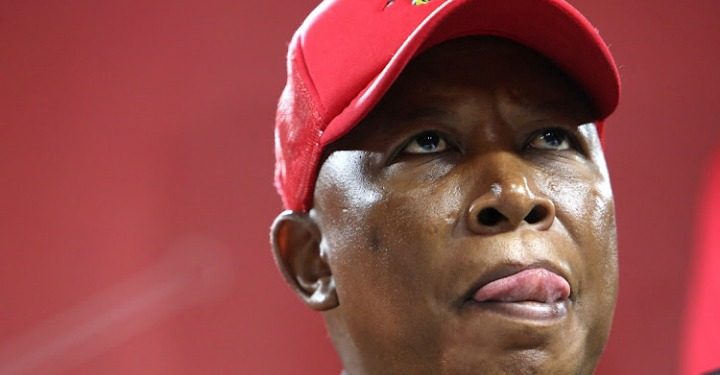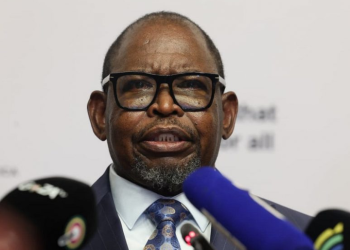South Africa’s electoral landscape is undergoing a significant shift as the Independent Electoral Commission (IEC) moves to deregister multiple political parties for non-compliance with electoral regulations. The decision, aimed at streamlining the political system, has ignited a heated debate about democratic representation and the challenges facing smaller parties.
The IEC’s action targets organizations that have failed to meet basic requirements, including election participation, financial disclosures, and maintaining active operations. While the commission maintains this is a routine administrative process, the move has drawn mixed reactions across the political spectrum.
Elections analyst Michael Atkins supports the IEC’s position: “This is standard procedure to ensure only functional parties remain registered. An overcrowded ballot paper with inactive parties serves no democratic purpose.” However, the decision has faced criticism from smaller political groups who argue it disproportionately affects emerging voices.
The controversy has gained additional attention following social media commentary suggesting the move could impact the Economic Freedom Fighters (EFF), though the party remains officially registered. One online comment declaring “Big Trouble For EFF” reflected public speculation, despite no direct connection between the deregistration process and the party’s recent electoral performance.
Representatives from affected parties have voiced strong objections. “This decision privileges established, well-resourced parties while marginalizing grassroots movements,” argued one leader from a smaller political organization. Several parties are preparing legal challenges, setting the stage for potential court battles.
As South Africa approaches the 2026 local elections, the deregistration process raises important questions about political accessibility. The IEC maintains its actions are legally sound and necessary for electoral efficiency, but critics warn of reduced political diversity.
The outcome of this dispute could significantly influence the composition of future ballots and determine whether South Africa’s multiparty system can maintain its vibrancy while ensuring electoral integrity. With appeals pending, the debate continues over finding the right balance between regulation and inclusion in the country’s democracy.






















